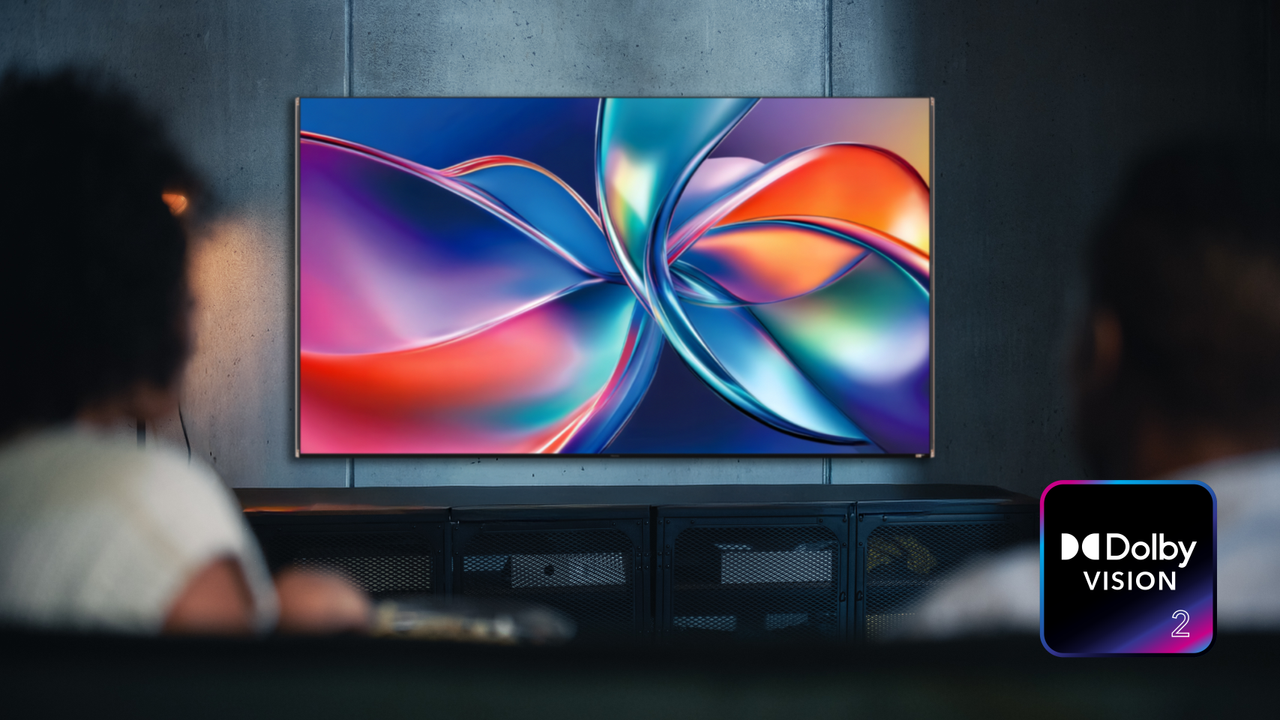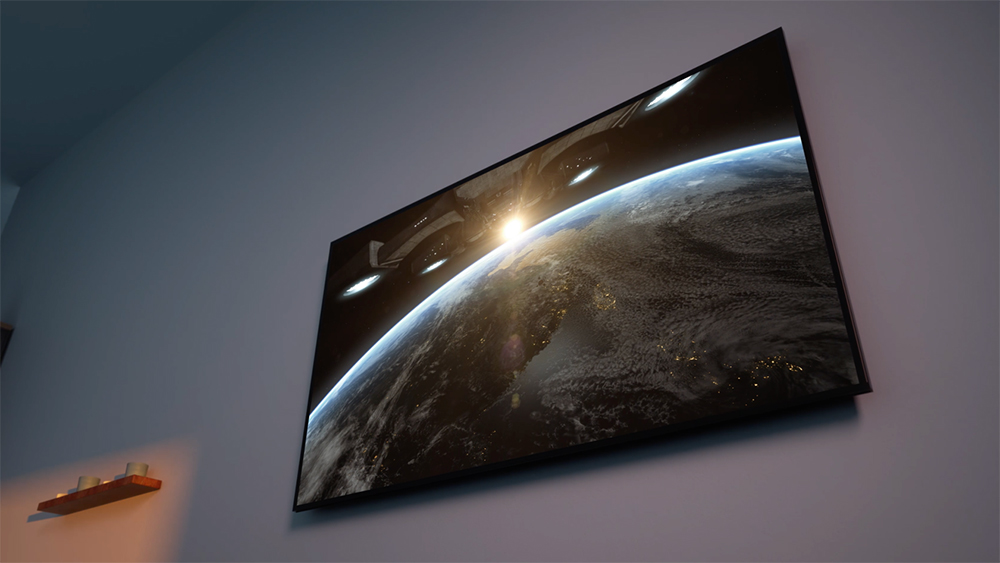
It's the start of the month, which means it's time for our regular Ask The Reader feature. This month we're asking: Is Dolby Vision HDR a deal breaker when buying a new TV?
There's a lot to consider when you're eyeing up a new TV. Screen size, brand, connections, panel type, sound, gaming features, operating system... the list seems endless. And to that you can add Dolby Vision compatibility.

Dolby Vision is probably the best known format of HDR (High Dynamic Range). HDR enhances a TV's contrast, which is the difference between the brightest and darkest parts of the picture – the greater the contrast, the bigger this difference is, and the more detail you will make out across the picture as a whole.
Dolby Vision takes this on a step. By continuously optimising in real time how your TV presents HDR content, it creates an altogether more accurate picture, enhancing the viewing experience no end. Plus it gives creators more control over how their HDR content looks on screen, bringing it closer to an as-the-director-intended look.
Of course, other varieties of HDR are available.
HDR10 is the most common, and is an open standard that any manufacturer can use for free (they have to pay Dolby a fee to use Dolby Vision). It's not quite as advanced as Dolby Vision – for that you need HDR10+, which does much the same thing as Dolby Vision, using dynamic metadata to boost HDR images frame-by-frame. Finally there's HLG (Hybrid Log Gamma), which is used by TV broadcasters.
Dolby Vision 2 is also on the horizon.
A lot of the best TVs feature Dolby Vision – including the LG C5, TCL C6KS, Panasonic TV-48Z90B and Sony Bravia 8 II – but is it something you actively seek out, or just a nice little extra? Given the alternatives available, should manufacturers continue to pay Dolby to use it? Maybe you've seen some pretty poor implementations of Dolby Vision, or maybe you can't tell the difference between it and standard HDR. Or perhaps you love the format, and think it's far superior to any other available.
Whatever your experiences, we'd love to hear from you.
As ever, we'll compile your responses over the next month and use them to create a feature, detailing your thoughts on the topic.
You can post your thoughts in the comments section of this page, on our social media channels or directly on our forums!
MORE:
These are the best OLED TVs we’ve tested
Our picks of the best 65-inch TVs
We rate the best TVs for gaming







